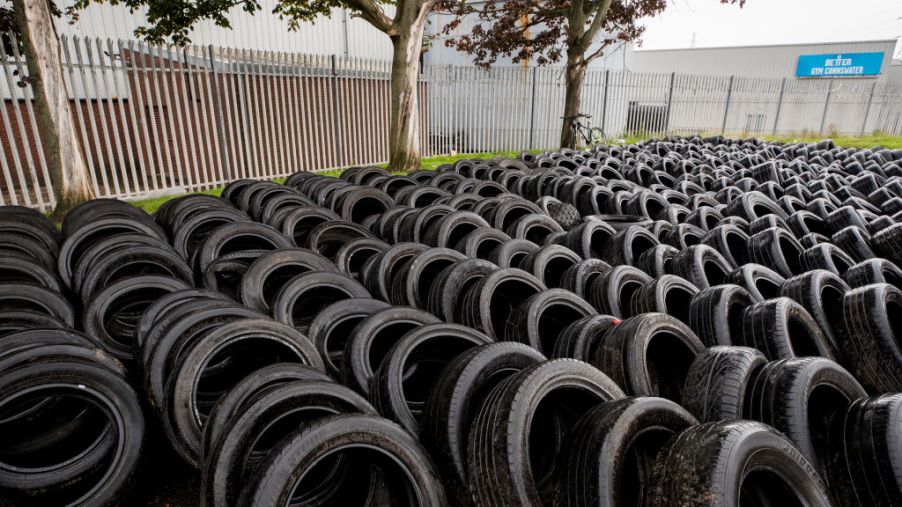
Can You Buy Used Car Tires?
Yes, you can buy used tires. A better question would be, “Should you buy used car tires?” There are some benefits to buying used, but they don’t include peace of mind. When you consider how tires contribute to the handling of a vehicle, you may decide that saving a few bucks really isn’t worth it. Here we look at some myths and disadvantages of buying used car tires.
3 reasons people may buy used tires
1. New tires may be cheaper
You can save 30-50% off the manufacturer’s listed retail price when you buy used tires, depending on the condition, tread depth, and reported mileage. While finding a complete set of used tires in good condition will take some shopping, also remember there is no truth in marketing when used tires are sold. This is an unregulated industry, and used tires typically don’t come with a guarantee or warranty. Buyer, beware.
2. Reusing tires is eco-friendly
Yes, buying used tires will help the planet by reducing toxic garbage in landfills. Therefore, some people feel it’s a smart decision to reduce waste and buy used tires. Or you could visit Earth911 to learn about tire recycling programs. Maybe your wheels can be retreaded. Or, instead of discarding rubber tires, they can be repurposed or recycled.
3. Good used tires are safe
Well, maybe and maybe not! While you may base your used tire selection on tread wear, you really don’t know how the tires were cared for and driven. Here are questions that indicate how used tires may not last long or even blowout:
- How old are the tires? Brittle rubber can cause a tire blowout
- Were the tires rotated regularly for uniform tread wear?
- Does the tire have damage to the internal sidewall lining?
- Have the tires been exposed to heat, sunlight, or multiple punctures?
- Are the tires a part of a manufacturer’s recall for factory defects?
The benefits of buying new replacement tires
1. New tires are safer in bad weather
When you drive on rainy roads, through snow and ice, and over potholes and road debris, your new tires will have a tread depth built to hug the road and cut through rain and snow. Consider all-season tires that provide better dry-road grip and longer tread wear. These tires last up to three times longer than summer tires.
2. You’ll know how long the tires will last
New tires will list a manufacturer’s estimate of how long they’ll last based on controlled testing. The Uniform Tire Quality Grading rates tires on a numerical scale for tread durability and A to C for temperature rates. UTQG ratings can also indicate the amount of traction you can expect.
While you can look up this information for used tires, it won’t matter because you don’t know if the tires have been damaged, retreaded, or driven long distances. New tires are will have crucial, current information.
3. Your new tires come without a history of bad driving
With new tires, you won’t have to worry about the past. Used tired may have been driven over curbs, been frequently punctured, and exposed to harsh climates or reckless driving. This is the best part about buying new tires; you can rest assured they are safe. In the long run, you’ll get your money’s worth in with a better driving experience and a new tire warranty.


